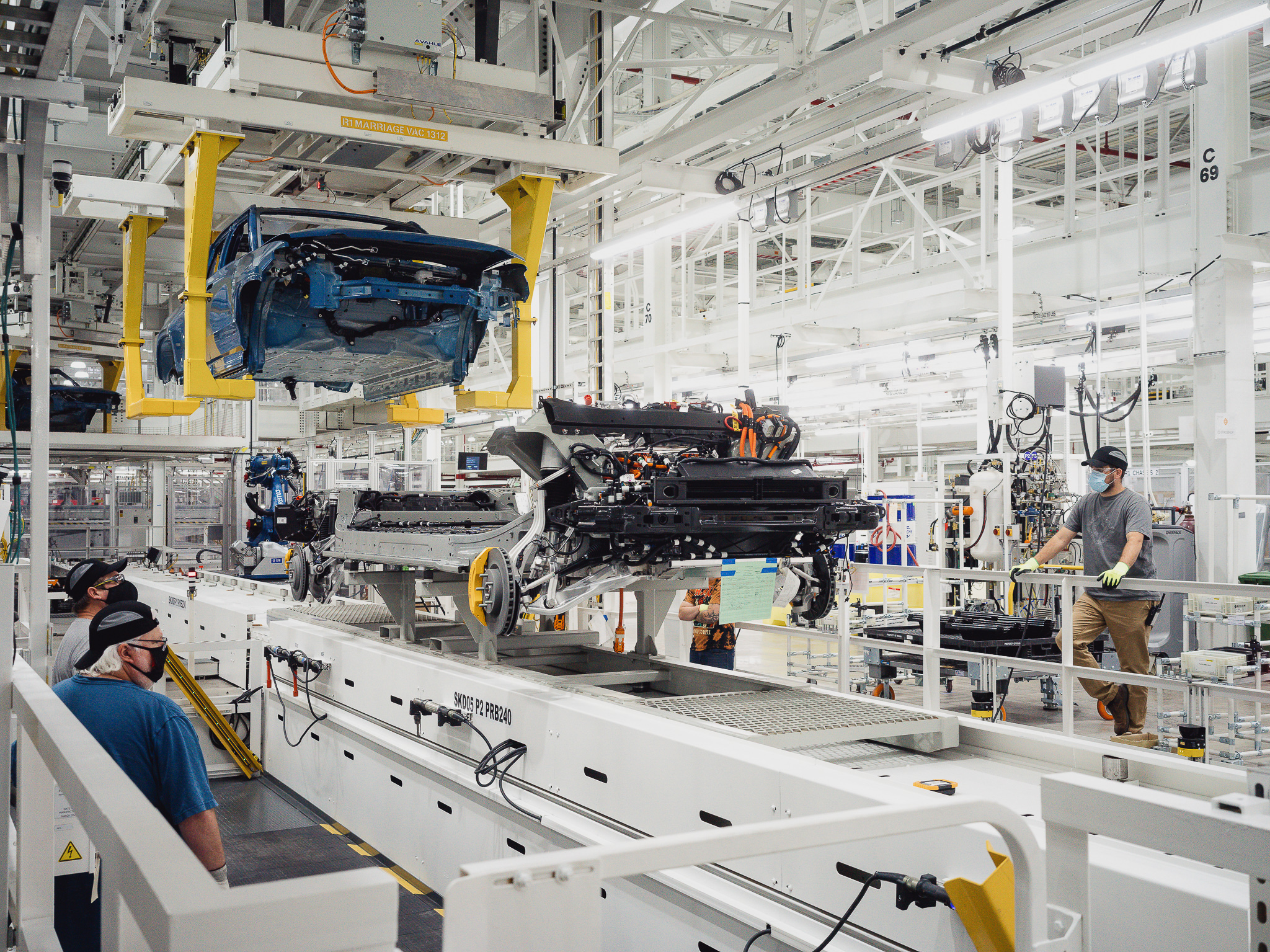EV Owner Satisfaction Improves, But Issues Persist

Photo courtesy Hyundai Motor Co.
TROY, MI—After a decline in overall satisfaction in 2024, owners of both premium and mass-market electric vehicles are expressing a change of sentiment this year, according to the J.D. Power 2025 U.S. Electric Vehicle Experience (EVX) Ownership Study.
The 5th annual study focuses on the crucial first year of EV ownership. The overall score measures 10 factors: accuracy of stated battery range; availability of public charging stations; battery range; cost of ownership; driving enjoyment; ease of charging at home; interior and exterior styling; safety and technology features; service experience; and vehicle quality and reliability.
The Hyundai IONIQ 6 (photo above) ranks highest in the mass-market segment, followed by the Kia EV6 and the Chevrolet Equinox EV. In the premium category the BMW iX is No. 1 in customer satisfaction, followed by the BMW i4 and the Rivian R1S.
Mass-market EV quality continues to outperform premium vehicles, with owners experiencing fewer problems. Not surprisingly, the two highest-ranked models overall are also the best-performing when it comes to quality.
Unfortunately, public charging woes persist. But, the majority of EV owners intend to stick with battery power for their next vehicle purchase. Overall, 94 percent claimed they are likely to consider purchasing another EV.
“This year’s study also finds that only 12 percent of owners are likely to consider replacing their EV with an internal combustion engine-powered vehicle during their next purchase,” says Brent Gruber, executive director of the EV practice at J.D. Power. “With five years of conducting this study and surveying thousands of EV owners, it’s apparent that once consumers enter the EV fold, they’re highly likely to remain committed to the technology.
“The elimination of EV tax incentives and public charging funding has the potential to affect two critical barriers to EV adoption: public charging availability and vehicle prices,” ads Gruber. “This temporary slowdown in market share growth for EVs creates a unique challenge for the industry as manufacturers forge ahead with new vehicle introductions. The EV market will be faced with expanded product offerings and flat share [in 2025], creating increased competition.”
Looking for a reprint of this article?
From high-res PDFs to custom plaques, order your copy today!






